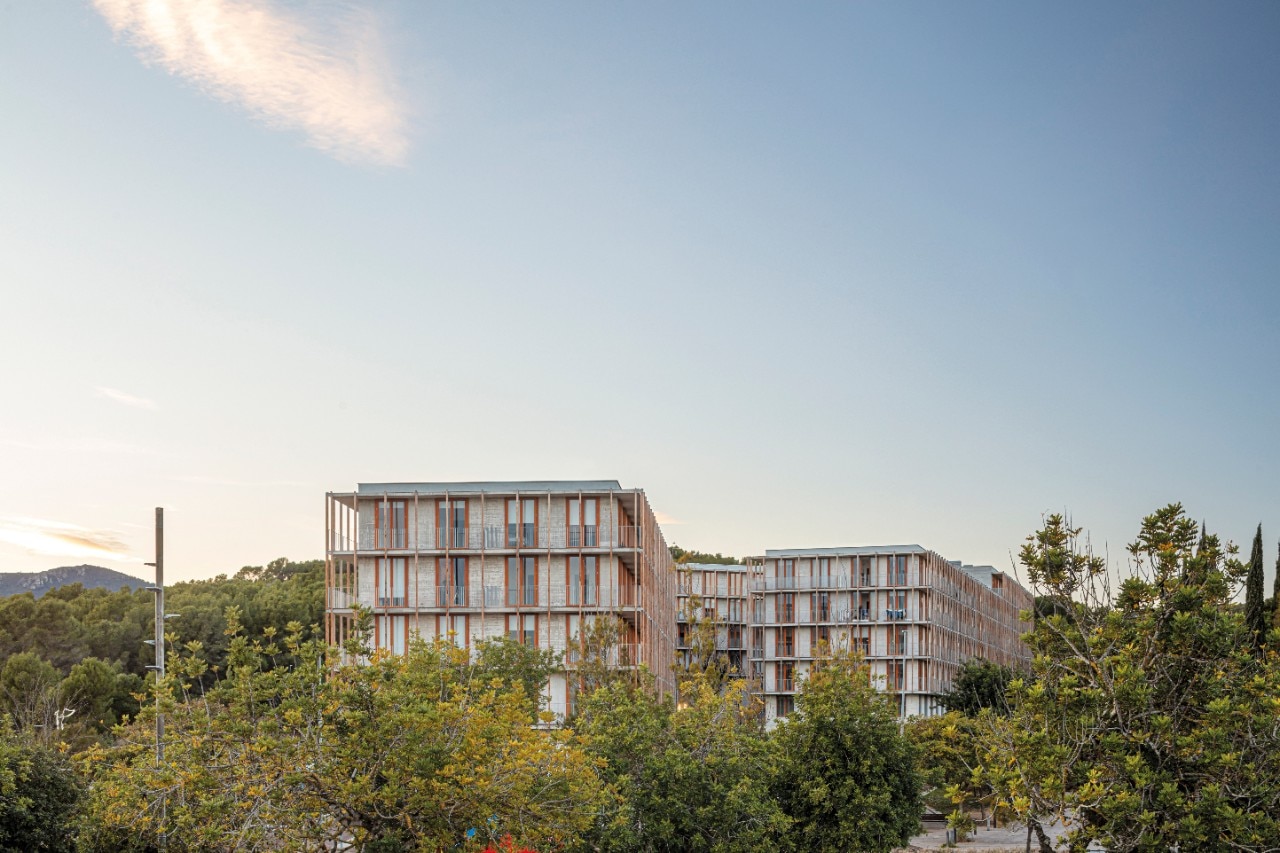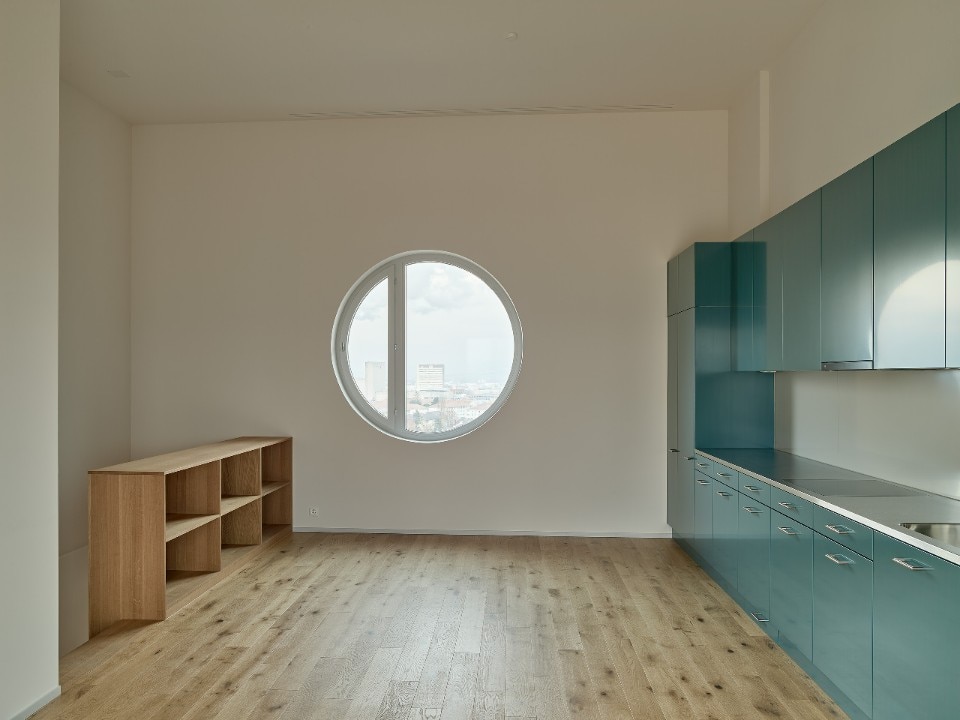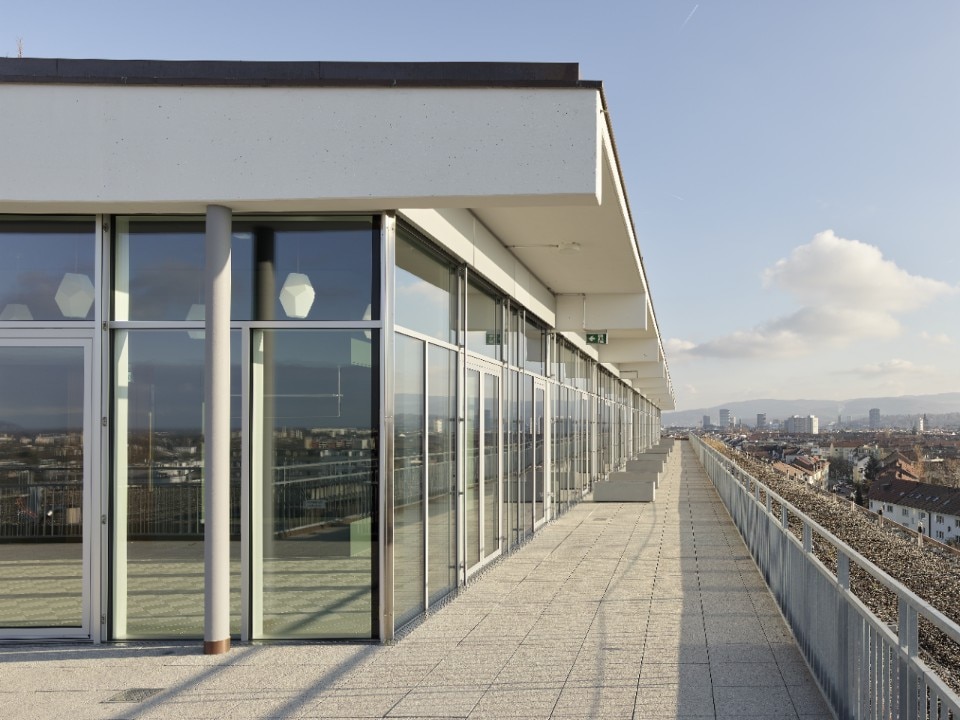The results of the ninth edition of the prize, sponsored by the Order of Architects PPC of the Province of Milan in collaboration with its Foundation, have been announced. The commitment of the prize is to promote the best social housing projects completed in the last 5 years in the 27 countries of the European Community, the United Kingdom, and Switzerland.
The Prize, inaugurated in 2007, has now become an international reference for research and debate on the theme of social housing, focusing attention on the overall quality of the built environment and design sustainability. This edition featured 19 candidates from Germany, Italy, the Netherlands, Spain, and Switzerland, completed and submitted between January 2018 and December 2022. The Social Housing 1737 project by the Spanish studio H Arquitectes won the 2023 Matilde Baffa Ugo Rivolta European Architecture Award, while the Swiss project Umnutzung Felix Platter-Spital by the studios Müller Sigrist Architekten and Rapp Architekten received an honorable mention for reuse and conversion.
Located in Gavà, near Barcelona, Social Housing 1737 represents an effective response to contemporary housing issues, combining inclusion, sharing, and sustainability, promoting biological continuity between the Serra de les Ferreres area and the Llobregat Agricultural Park. All the rooms of the 136 apartments that make up the project overlook the landscape, but at the same time enclose a central atrium, similar to a large cloister, where services and housing circulation are concentrated.
Umnutzung Felix Platter-Spital, in Basel, stands as a virtuous example of the repurposing of a former hospital, which now houses 134 apartments and numerous services. The jury particularly appreciated the quality of the typological solutions, achieved by adapting the rigorous scheme of the existing and constrained building to a new residential complex, capable of avoiding the emission of approximately 2,000 tons of CO2 compared to the construction of a new building.























